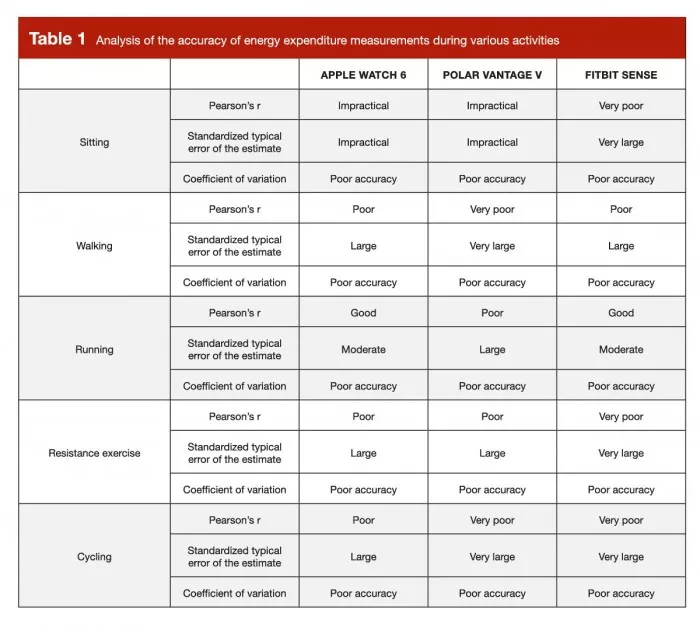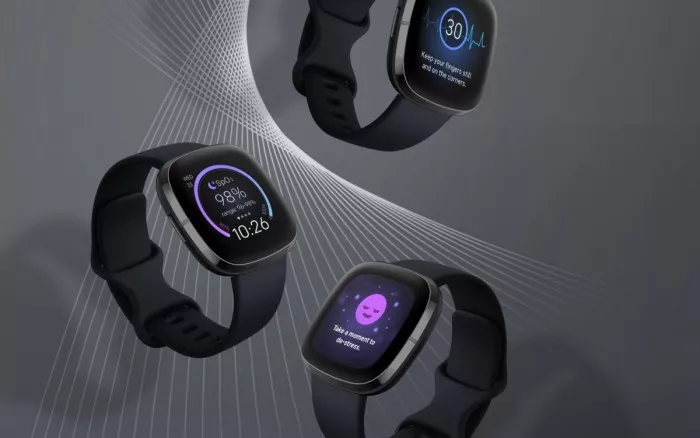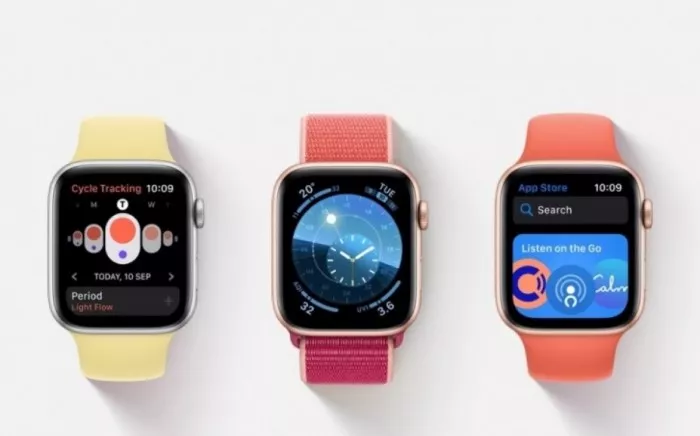In a paper published in January, researchers tried to assess the role of smart devices worn on the wrist in tracking energy consumption and heart rate. Thirty healthy male and female participants used Apple watch series 6, polar vantage V and Fitbit sense for weight training, cycling, running, walking and even sitting. As reference equipment, the team used polar H10 chest strap and MetaMax 3B.
The researchers summarized the collected data into a simple table and evaluated the accuracy, variability and reliability of each device.

It turns out that in almost all activities, all devices are pretty bad at tracking calories. Moreover, the average deviation from the actual daily expenditure is unpredictable and varies greatly, making the watch useless in tracking calories. This is because progress cannot be reliably tracked even if the absolute value is biased. Wearable devices are more inconsistent with people who spend less than average and more than average energy. This study also appears to be consistent with previous studies trying to assess the same capabilities but using different wrist devices.

The good news is that Apple watch series 6 is quite reliable in tracking heart rate data under all exercise conditions. The data accuracy of polar vantage V and Fitbit sense wearable devices will fluctuate according to exercise conditions. For all the devices involved in the study, the step calculation also seems to be relatively consistent.
Despite its limitations, such as the small sample size of equipment and individuals, this study seems to be consistent with previous studies, indicating that smart watches and wrist fitness trackers on the market do not provide reliable measurements of your daily energy consumption. In addition, their results themselves are very unpredictable.
Nevertheless, heart rate tracking and step count are usually quite useful and reliable functions. In fact, some studies have shown that smart wearable devices alone may have a positive impact on a person's fitness life. People who use smart wearable devices tend to increase their overall activities and steps.
